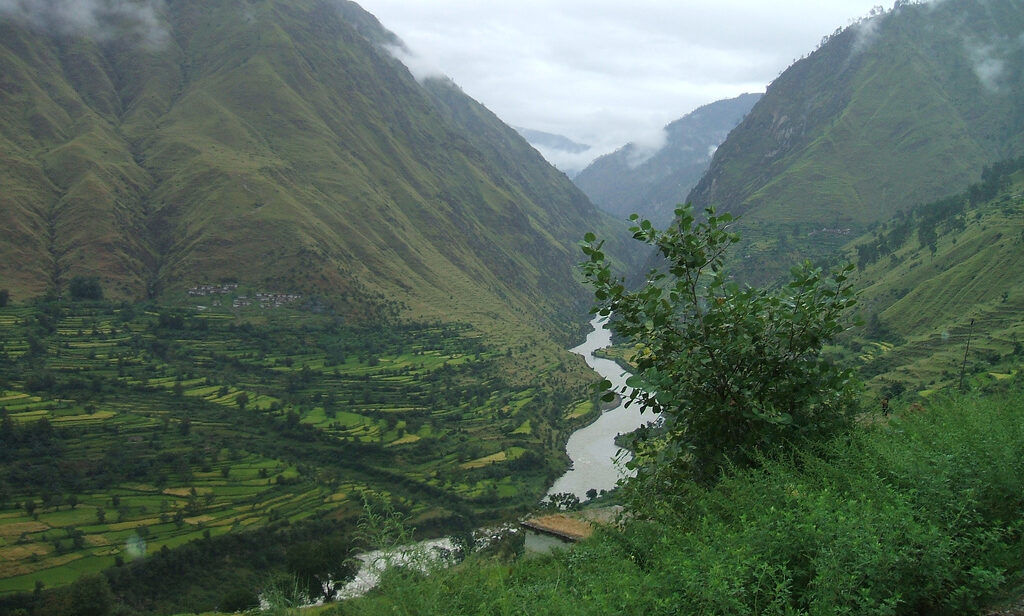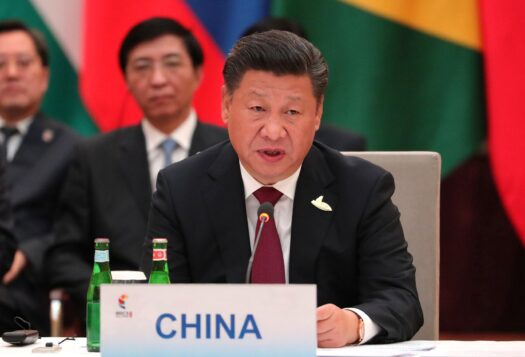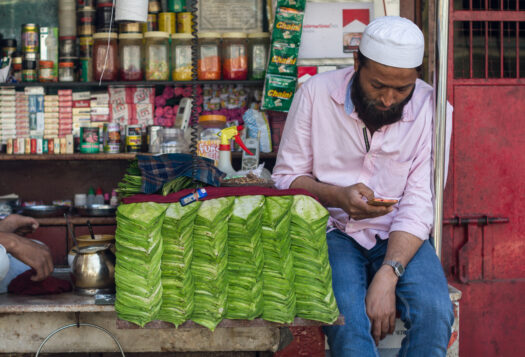
Climate change has no borders. In the face of escalating climate-induced vulnerabilities and transboundary disasters, South Asian states find themselves at a crossroads where regional cooperation is imperative for effective adaptation and mitigation. From the interconnected challenges of managing transboundary water resources to addressing the urgent issue of climate-induced migration, the region faces a complex web of geopolitical, socio-economic, and environmental hurdles. Despite shared vulnerabilities and similar institutional frameworks, structural barriers such as data secrecy and outdated agreements often hinder the path toward meaningful cooperation. Entrenched geopolitical rivalry plays an enormous role in perpetuating these barriers, but there are feasible steps each country can take to overcome them.
South Asian Voices collaborated with The Third Pole on a series aimed at igniting dialogue and action for a more collaborative approach to combating the consequences of climate change in South Asia. In this event, authors of the series reflect on their recent contributions to SAV. From examining transboundary approaches to tackling climate migration, water sharing, and disaster management, the panel discusses key challenges to effective regional cooperation and identify concrete ways forward.
Read SAV’s Joint Series: Climate Diplomacy in South Asia
Speakers
Omair Ahmad, South Asia Managing Editor, The Third Pole and Dialogue Earth
Soraya Kishtwari, Asia Pacific Editor, The Third Pole and Dialogue Earth
Ambika Vishwanath, Co-Founder and Director, Kubernein Initiative
Sanya Saroha, Research Analyst, Kubernein Initiative
Dharam Uprety, Thematic Lead for Climate Resilience, Practical Action South Asia
Moderator
Mahika Khosla, Research Assistant and Deputy Editor of South Asian Voices, Stimson Center
***
Image: Karnali River, Nepal via Flickr


